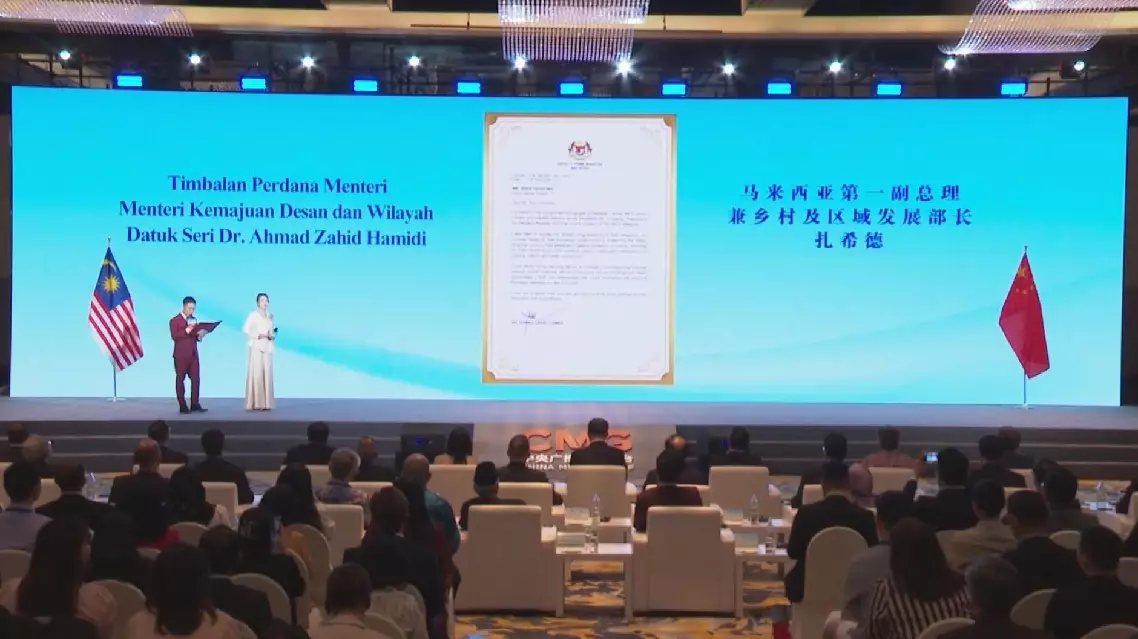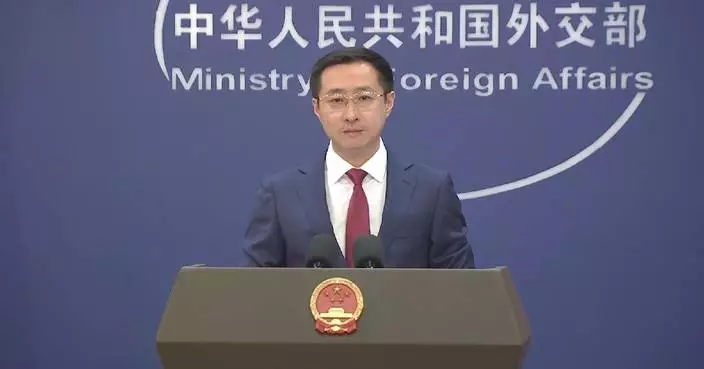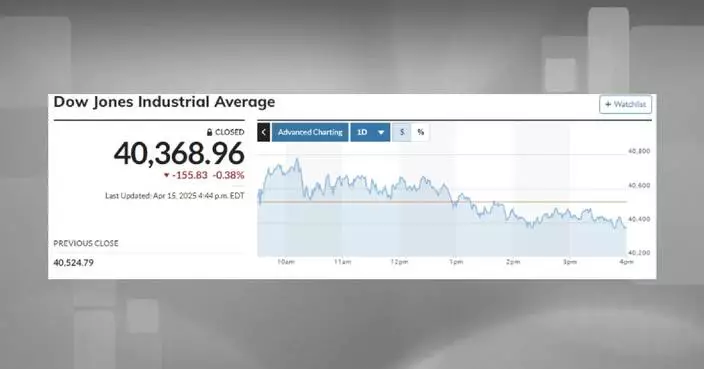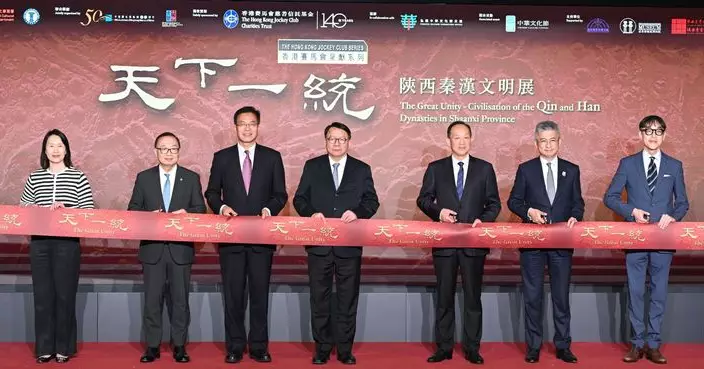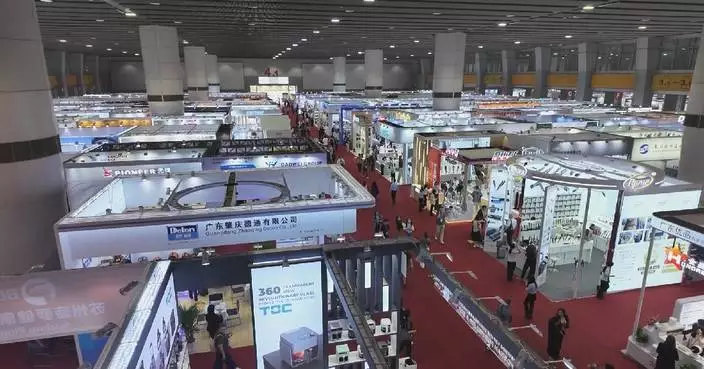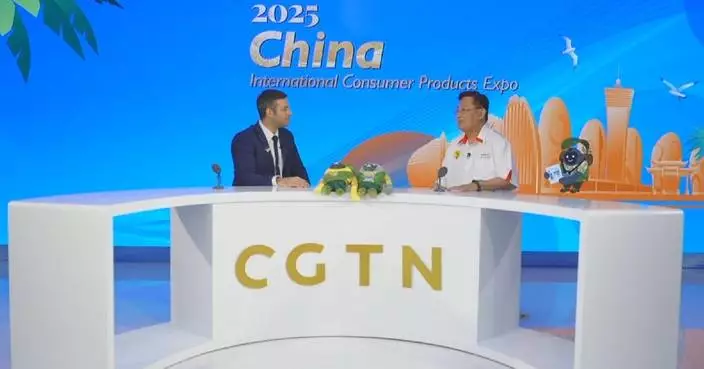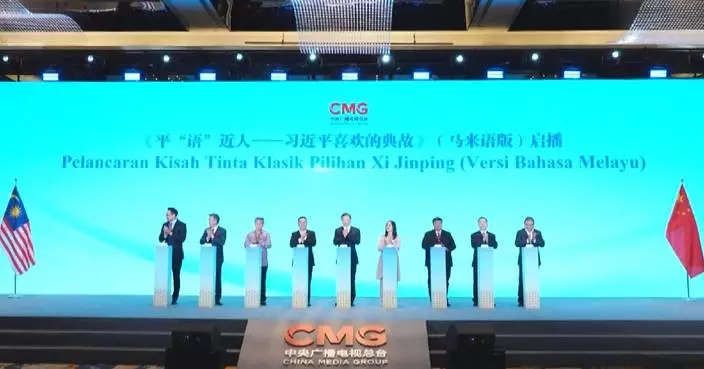The thriving Hong Kong stock market is drawing overseas investors into China's sci-tech capital market, with foreign institutions actively engaging in IPO deals.
At China International Capital Corporation (CICC)'s Hong Kong office, employees from listed companies and investors shuttle daily to discuss new share offerings.
Cong Hui, head of capital markets department at CICC, said that the firm has handled over 30 Hong Kong listing projects since the start of this year. Institutional investors from the Middle East and Southeast Asia are particularly enthusiastic, he said, noting that meetings with these investors frequently run twice as long as scheduled, while executives of many listed companies now arrive in teams for roadshows.
"This year, many newly listed companies on the Hong Kong Stock Exchange (HKEX) have come to Hong Kong for roadshows. Quite a few of them have dispatched three to five executives to Hong Kong. They split up and conducted presentations and communications with various institutions both online and offline. Each person had to attend five to six meetings a day, and sometimes as many as eight to ten," said Cong.
CICC data showed 69 percent of newly listed companies on the HKSE in the first quarter had overseas institutions as their cornerstone investors, who commit to invest a significant amount of money in a securitisation transaction before it is marketed to the public and are willing to hold the listed companies' shares for a long time. In the first quarter of last year, this figure was only 25 percent.
Moreover, international renowned institutions, such as Glencore Group of Switzerland, UBS Asset Management, and Invesco of the UK, are all among the cornerstone investors.
Overseas investment institutions have also explained in a series of research reports the reasons for their positive attitude towards Hong Kong stocks.
A Goldman Sachs report recommended overweighting Chinese equities, including H-shares and A-shares. It specifically highlights that driven by factors such as technological innovation in artificial intelligence (AI) and the improving domestic demand in China, an increasing number of low-cost, high-performance, and open-source large-scale models developed in China are expected to emerge. This trend will facilitate a gradual shift in AI investment and development from a focus on hardware to software applications, further driving the expansion of AI into areas such as robotics, the Internet of Things (IoT), and autonomous driving.
A HSBC's research report suggested that since the emergence of DeepSeek, global investors' sentiment towards Chinese capital has become more optimistic, and this has prompted investors to reassess China's innovation capabilities.
In addition, Morgan Stanley raised its expectations for a series of Chinese asset indices, including the Hang Seng Index, forecasting earnings growth of the Chinese assets tracked by these indices in both this year and next.
"This year, China has further fostered and supported the development of the private sector. Breakthroughs in fields such as AI, humanoid robotics, intelligent driving, and smart manufacturing have all prompted global investors to reassess the value of Chinese assets. Moreover, listed companies have been actively enhancing their quality by cost optimization, dividend distribution, and share buybacks, while also prioritizing investor returns. Coupled with the continuous implementation and effectiveness of macro policies, all these factors are enhancing the appeal of Chinese assets," said Jiang Xianwei, a senior global strategist at J.P. Morgan Asset Management.

Global institutions upbeat about Hong Kong's stock market



